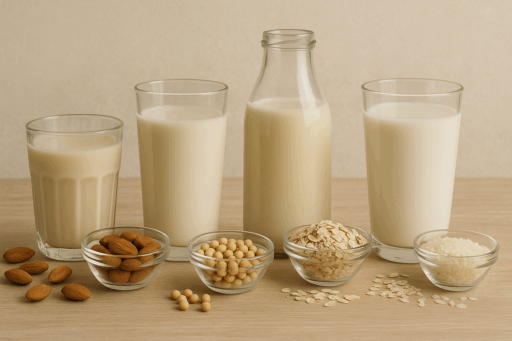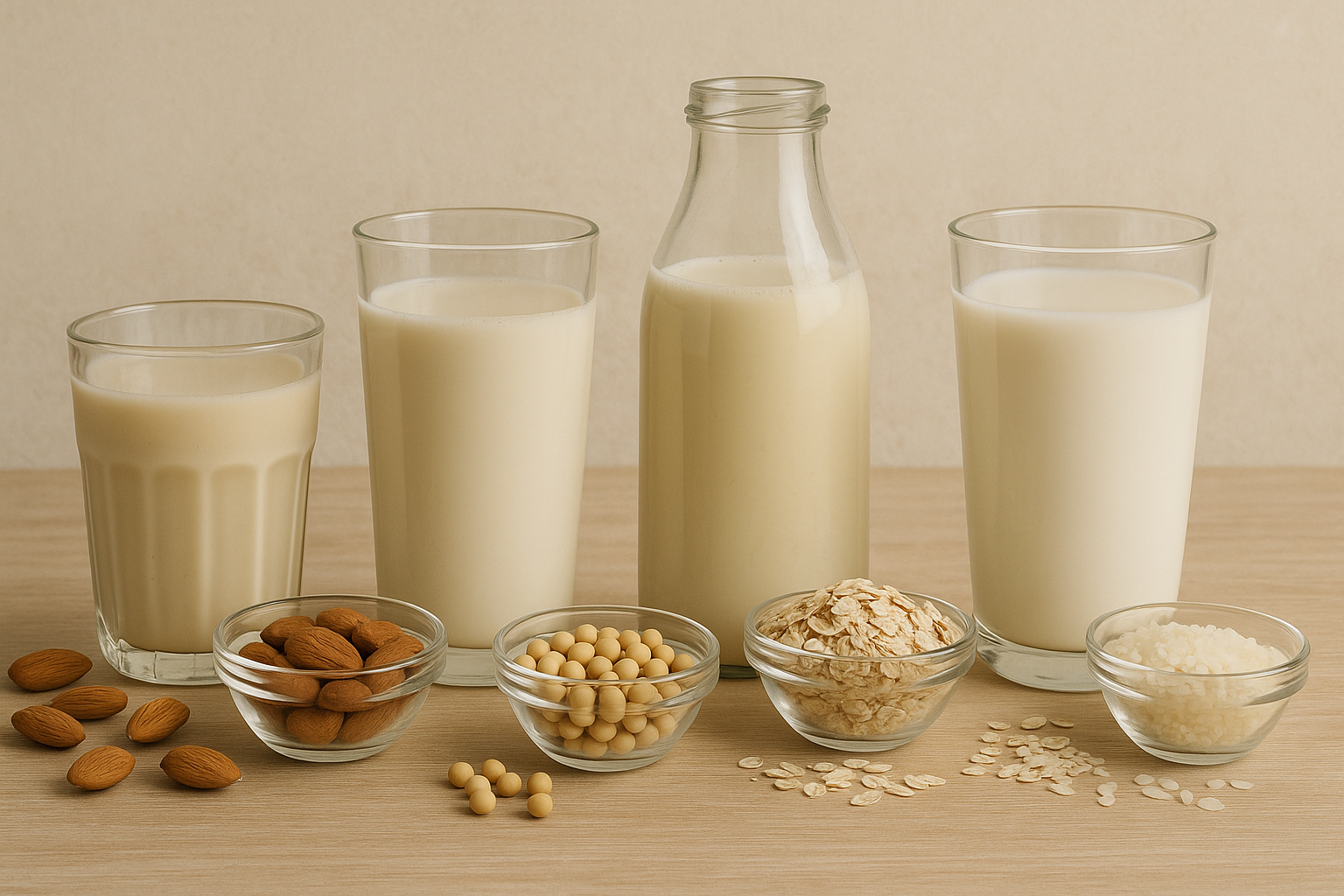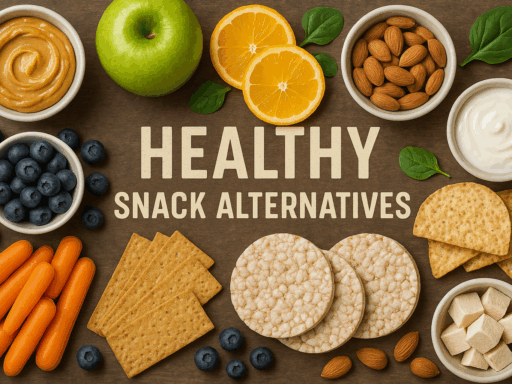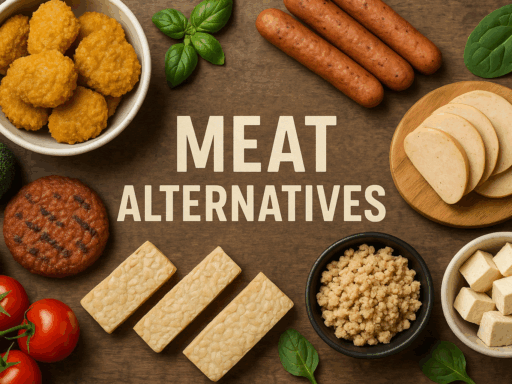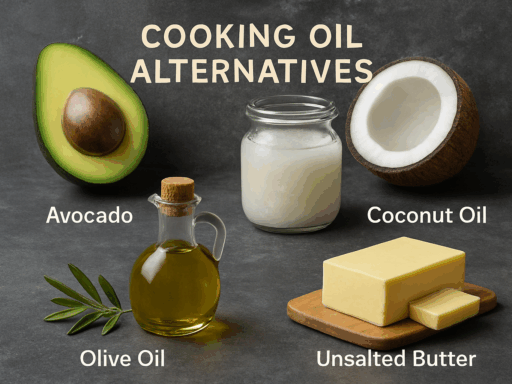The global shift towards plant-based diets, driven by health, environmental, and ethical concerns, has sparked a significant rise in the demand for milk alternatives. Whether due to lactose intolerance, a desire to reduce environmental impact, or personal health choices, many consumers are opting for milk alternatives such as oat, almond, and soy milk. These plant-based options not only cater to those with dietary restrictions but also offer a variety of health benefits over traditional dairy milk. In this article, we’ll explore the healthiest milk alternatives, their sustainability, applications, and the challenges associated with their adoption.
Why Choose Milk Alternatives?
Milk has long been considered an essential source of calcium, protein, and other vital nutrients. However, with rising concerns over dairy farming’s environmental impact, lactose intolerance, and ethical issues related to animal products, many are turning to plant-based milk alternatives. These alternatives are derived from nuts, grains, seeds, and legumes, each offering unique nutritional benefits and environmental advantages.
Today’s healthiest milk alternatives are not only nutrient-dense but are also increasingly fortified with vitamins and minerals like calcium, vitamin D, and B12, making them a viable substitute for dairy milk in most diets.
The Top Healthiest Milk Alternatives

1. Almond Milk
Almond milk is one of the most popular milk alternatives due to its mild, slightly sweet taste and versatility. It is made by blending almonds with water and then straining the mixture to remove solids.
- Benefits: Almond milk is low in calories and contains no cholesterol or saturated fat. It is naturally rich in vitamins and minerals, including vitamin E, which is an antioxidant that supports skin health. It’s also a good source of magnesium, a mineral essential for muscle function and bone health.
- Nutritional Profile: 1 cup of unsweetened almond milk contains around 30-50 calories, 1 gram of protein, and 2.5 grams of fat (mostly healthy monounsaturated fats).
- Taste: Almond milk has a nutty flavor with a smooth texture, making it ideal for smoothies, coffee, and cereals.
- Sustainability: Almond milk has a relatively low carbon footprint compared to dairy, but water usage in almond farming has raised environmental concerns. Producing 1 liter of almond milk requires around 370 liters of water (source).
- Applications: Used in coffee, baking, smoothies, cereals, and cooking, almond milk is one of the most versatile plant-based milk options.
Challenges:
- Water Use: The high water consumption for almond farming has been criticized as unsustainable, particularly in drought-prone regions like California.
- Allergies: Almond milk is not suitable for people with nut allergies.
- Taste Preferences: Some people may find almond milk’s flavor too nutty or too thin compared to dairy milk.

2. Oat Milk
Oat milk has seen a massive surge in popularity in recent years, thanks to its creamy texture and naturally sweet taste. It is made by blending oats with water and then straining the mixture.
- Benefits: Oat milk is a great option for those who are allergic to nuts or soy. It is rich in fiber, particularly beta-glucan, which helps lower cholesterol levels and support heart health. Oat milk is also a good source of B vitamins and iron, and it’s often fortified with calcium and vitamin D to match the nutritional profile of dairy milk.
- Nutritional Profile: 1 cup of unsweetened oat milk contains about 120 calories, 3 grams of protein, and 5 grams of fat (including healthy unsaturated fats).
- Taste: Oat milk has a naturally creamy and slightly sweet flavor, making it ideal for lattes, smoothies, and baking.
- Sustainability: Oat milk has a much lower environmental impact than dairy, requiring significantly less water and land. It is considered one of the most sustainable plant-based milk options, as oats require minimal water compared to nuts and grains. Additionally, oats are grown in temperate climates, making them more resilient to climate changes.
- Applications: Oat milk works exceptionally well in coffee, baking, cooking, and cereal. It’s particularly popular in coffee shops as a dairy-free alternative for lattes due to its creamy texture.
Challenges:
- Cost: Oat milk can be more expensive than other plant-based milks, such as almond or soy milk, due to the processing involved in creating its creamy texture.
- Processing: Some brands of oat milk may be highly processed or contain added sugars, making them less healthy than homemade versions.

3. Soy Milk
Soy milk is one of the original plant-based milk alternatives and is made by soaking and blending soybeans with water. It is one of the most nutritionally complete milk alternatives, offering similar protein content to cow’s milk.
- Benefits: Soy milk is a high-quality source of protein, providing all nine essential amino acids. It is also rich in isoflavones, plant compounds that have been linked to heart health and hormone balance. Additionally, soy milk is often fortified with calcium and vitamin D.
- Nutritional Profile: 1 cup of unsweetened soy milk contains around 80 calories, 7 grams of protein, and 4 grams of fat (mostly unsaturated fats).
- Taste: Soy milk has a neutral, slightly bean-like taste that works well in coffee, baking, and cooking.
- Sustainability: Soy milk has a relatively low environmental footprint compared to dairy milk, requiring less land and water. However, much of the soy grown globally is used for animal feed, and there are concerns about deforestation in areas like the Amazon to make way for soy farms.
- Applications: Soy milk is used in a variety of applications, including smoothies, baking, coffee, and cooking. Its high protein content makes it a suitable substitute in recipes that require dairy milk.
Challenges:
- Allergies: Soy is one of the most common allergens, and soy milk is not suitable for those with soy allergies.
- Taste: Some people find the flavor of soy milk to be too strong or slightly “beany.”
- Environmental Concerns: While soy farming requires fewer resources than dairy, large-scale industrial soy farming has been linked to deforestation, particularly in South America.

4. Coconut Milk
Coconut milk is made by pressing the meat of the coconut, and it is especially popular in Southeast Asian cooking. It has a distinct tropical flavor and creamy texture that make it a great addition to both sweet and savory dishes.
- Benefits: Coconut milk is rich in medium-chain triglycerides (MCTs), a type of fat that can help with metabolism and weight loss. It’s also high in iron, magnesium, and potassium.
- Nutritional Profile: 1 cup of unsweetened coconut milk contains around 45-50 calories, 0 grams of protein, and 4-5 grams of fat (mostly saturated fats).
- Taste: Coconut milk has a tropical flavor, making it ideal for curries, smoothies, and desserts.
- Sustainability: Coconut farming is relatively sustainable compared to other crops like almonds or soy, as coconuts require minimal water and are grown in diverse tropical regions.
- Applications: Coconut milk is popular in both sweet and savory dishes, from curries and soups to smoothies and desserts. It’s also used as a dairy milk substitute in baking and coffee.
Challenges:
- Fat Content: Coconut milk is high in saturated fat, which may be a concern for people watching their fat intake.
- Taste: Its distinct coconut flavor may not be suitable for every consumer, particularly in savory dishes.
- Environmental Concerns: While coconut farming itself is sustainable, the environmental impact of large-scale coconut production, such as deforestation, is a growing concern in some regions.
Sustainability of Milk Alternatives
The demand for milk alternatives has sparked a surge in innovation and sustainable practices within the agricultural and food industries. Many plant-based milk alternatives require fewer natural resources than dairy farming, particularly in terms of land use, water consumption, and greenhouse gas emissions.
- Oat milk is one of the most sustainable options, as oats require very little water and are grown in temperate climates with minimal environmental impact.
- Soy milk also has a low environmental impact compared to dairy milk, but concerns remain over deforestation for large-scale soy farming in regions like the Amazon.
- Almond milk has a higher environmental cost due to the significant water usage required for almond farming, particularly in drought-prone regions like California.
Choosing milk alternatives with organic, fair-trade certifications, or those made with regenerative farming practices, can help further reduce environmental impacts.
Challenges in Adopting Milk Alternatives
While the benefits of milk alternatives are clear, there are several challenges to their widespread adoption:
- Taste Preferences: Some people may find the flavor of certain milk alternatives too distinct or different from dairy milk, particularly when switching from one type to another.
- Cost: Many plant-based milk alternatives, particularly oat milk and non-dairy organic options, can be more expensive than traditional cow’s milk, which can be a barrier for some consumers.
- Availability: Although the market for milk alternatives is growing, not all options are available in every region, and some may only be found in specialty or health food stores.
Milk alternatives provide a healthy, sustainable, and inclusive option for those looking to reduce their dairy consumption or follow a plant-based diet. Whether you choose almond, oat, soy, or coconut milk, each alternative offers unique nutritional benefits, sustainability advantages, and versatility in the kitchen. However, challenges such as taste preferences, cost, and availability still need to be addressed as these products become mainstream. As demand continues to rise, innovation in both production methods and flavors will likely help make milk alternatives even more accessible and appealing to a wider audience.

